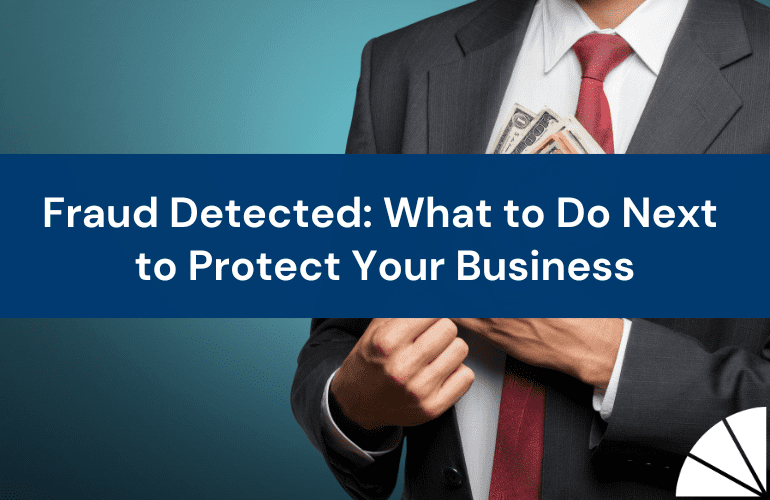
A business valuation is a versatile tool that serves various purposes and can help achieve different business objectives. I frequently prepare business valuations for estate and gift tax planning, mergers and acquisitions, and litigation support or shareholder disputes. However, it is important to recognize that a business valuation can also serve as a management tool, enabling owners to understand their business deeply. This includes comparing their business to industry peers, identifying areas for improvement through ratio and forensic analysis, assessing operational performance, and exploring growth opportunities for the future.
Having conducted numerous business valuations to assist clients in meeting their unique business needs, I am sharing some valuable lessons. If you are unfamiliar with this process, these lessons will provide you with useful insights into how a Certified Valuation Analyst may evaluate a company’s financials and determine its fair market value.
1. Distinguishing between personal goodwill and enterprise goodwill is crucial.
During the valuation process, personal goodwill and enterprise goodwill should be considered distinct values. Enterprise goodwill represents the value of the business itself, excluding any key individuals such as the company owner. On the other hand, personal goodwill represents the value attributed to those key individuals who possess relationships with clients and vendors and who possess unique skills or experiences that contribute to the business’s success. These intangible qualities add value to the business but would diminish if these key individuals were absent. From a business valuation perspective, it is essential to evaluate and distinguish the impact of personal goodwill. After personal goodwill is separately considered, what remains is the enterprise goodwill of the business.
2. Different business segments within a company require separate assessments.
Similar to personal goodwill and enterprise goodwill, sometimes different business segments within a company hold distinct values. Analyzing each segment independently while considering its contribution to the larger whole is important to assessing the value of business operations.
For instance, consider an employment recruiting business that sources people for full-time roles at companies and also sources people for temporary contract positions at companies. Although these may seem like similar types of recruitment work, each business segment should be evaluated separately because each segment contains separate risks. Isolating the full-time recruiting operation from the temporary recruiting operation yields an accurate assessment of the overall business value.
Another example involves a family office with consolidated operations in different business segments, including real estate, trucking, and warehousing. The consolidated entity’s value is quantified on the balance sheet of the Company and driven by the real estate portfolio. However, the distinct operating entities in warehousing and trucking contribute to the overall value of the business that may not be quantified within individual balance sheets of the warehousing and trucking subsidiaries. An assessment of the warehousing and trucking business cash flow should be considered to derive the total equity and fair market value of the consolidated business.
3. Family-operated businesses pose unique challenges.
Evaluating the compensation of individuals in a family-operated business requires delving into complex personal and financial dynamics. In such cases, business valuation experts should consider each family member’s actual contributions to the business. Factors such as roles, responsibilities, work hours, management fees, consulting fees, and appropriate compensation structures are considered. Personal goodwill may also play a role in the employee’s compensation structure.
Moreover, when real estate is involved in a family-owned business, additional complexity arises during the valuation process. Factors such as fair market rent/leases, ownership by family members or related entities and categorizing real estate as non-operating or operating assets (e.g., in the case of a family-owned restaurant) require careful assessment. These considerations are relevant to any valuation process, but complexities emerge when family-owned and business-owned assets intertwine.
4. Forensic accounting may play a role in business valuation, particularly within the retail sector.
Forensic tools may be employed in various business valuation cases, and they offer valuable insights, especially when dealing with retail stores and restaurants. Cash-based and multiple bank account businesses may increase risks of potential revenue skimming, and forensic accounting practices help to assess these possibilities thoroughly. An analysis of point-of-sale reports to determine actual sales occurring at specific locations and times is something to consider. Furthermore, point-of-sale figures may be compared with income statement accounts to ensure financial accuracy.
Similarly, forensic methods may be utilized when working with medical practices and other healthcare entities. Whether it’s part of a business valuation or an assessment of internal operations, tools such as CPT reports and provider reports can be used to identify precise billing, production, and write-offs associated with the practice. This may enable an evaluation of personal goodwill and if a practice outperforms or underperforms relative to industry peers.
What Can Business Valuation Services Reveal About Your Business?
If you have any uncertainties regarding the business valuation process, please don’t hesitate to reach out and ask questions. Typically, we initiate the process by requesting three to five years of financial statements to understand your business and trends throughout a complete business cycle. Additionally, conducting discussions with the owner or manager is important to every business valuation. This approach allows me to understand your business from both a qualitative and quantitative perspective.
LGA’s Business Valuation, Advisory & Forensic Accounting teams give business leaders the information they need to make the best decisions for the next chapter. As a Certified Valuation Analyst and Master Analyst in Financial Forensics, I help clients understand the fair market value of their business, how their business operates, and how they could operate more efficiently going forward. Contact me today to learn more.
by Ross Yogel, MBA, CPA, CVA, MAFF






